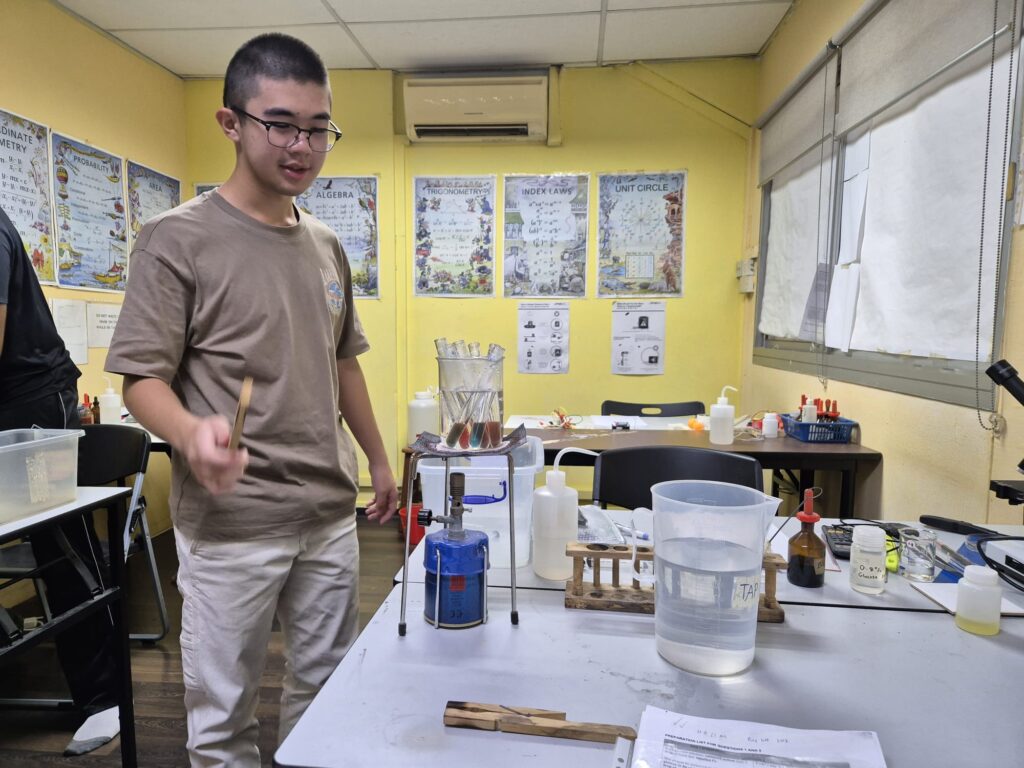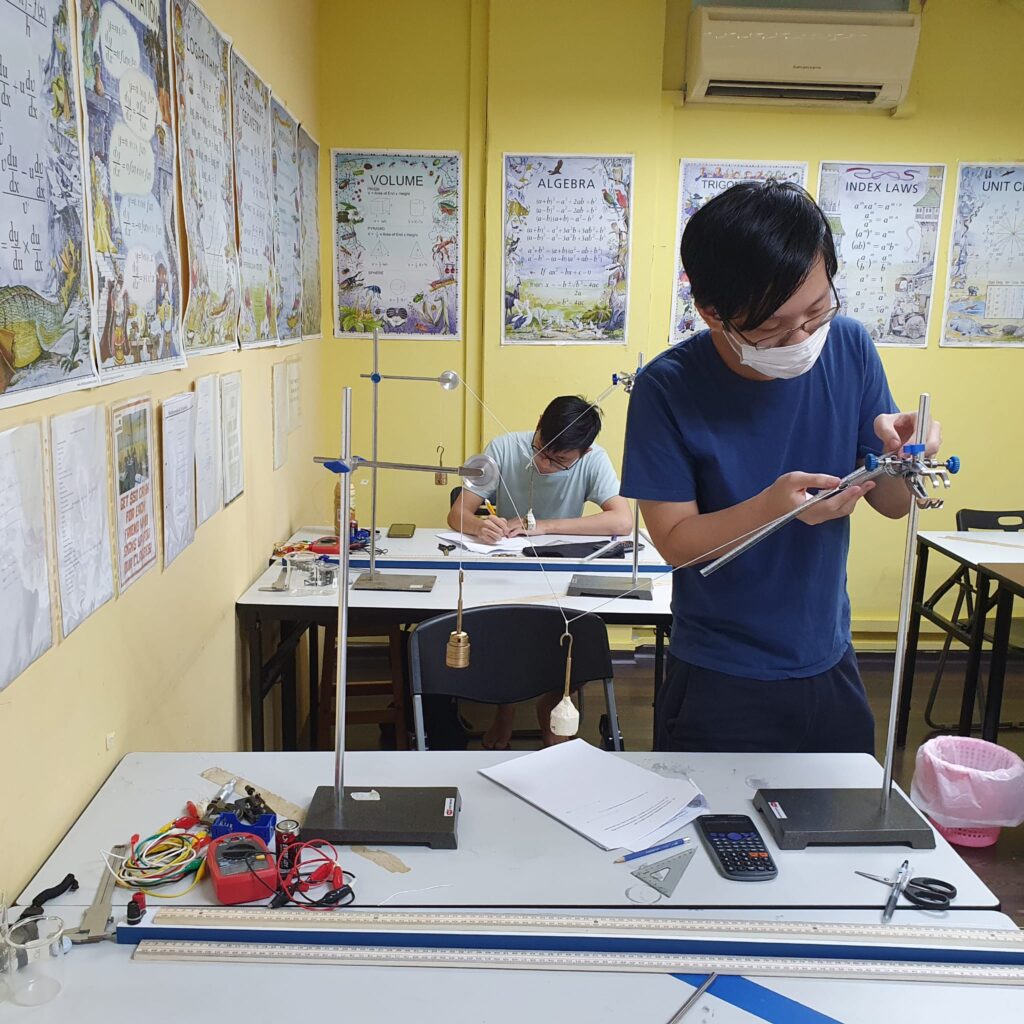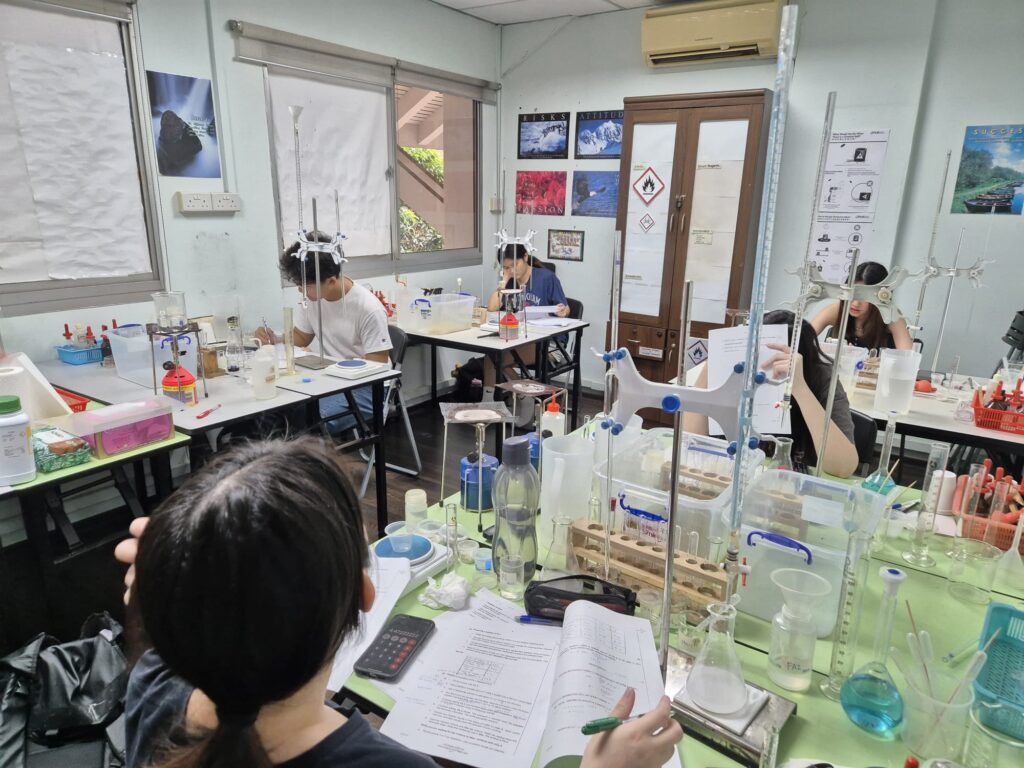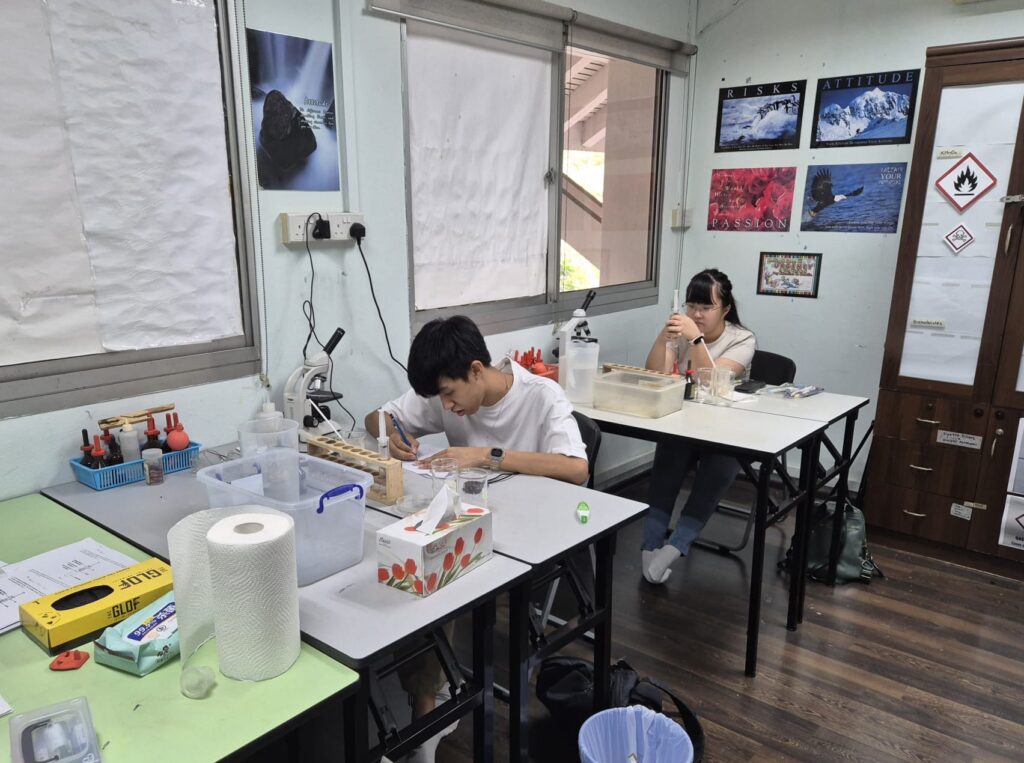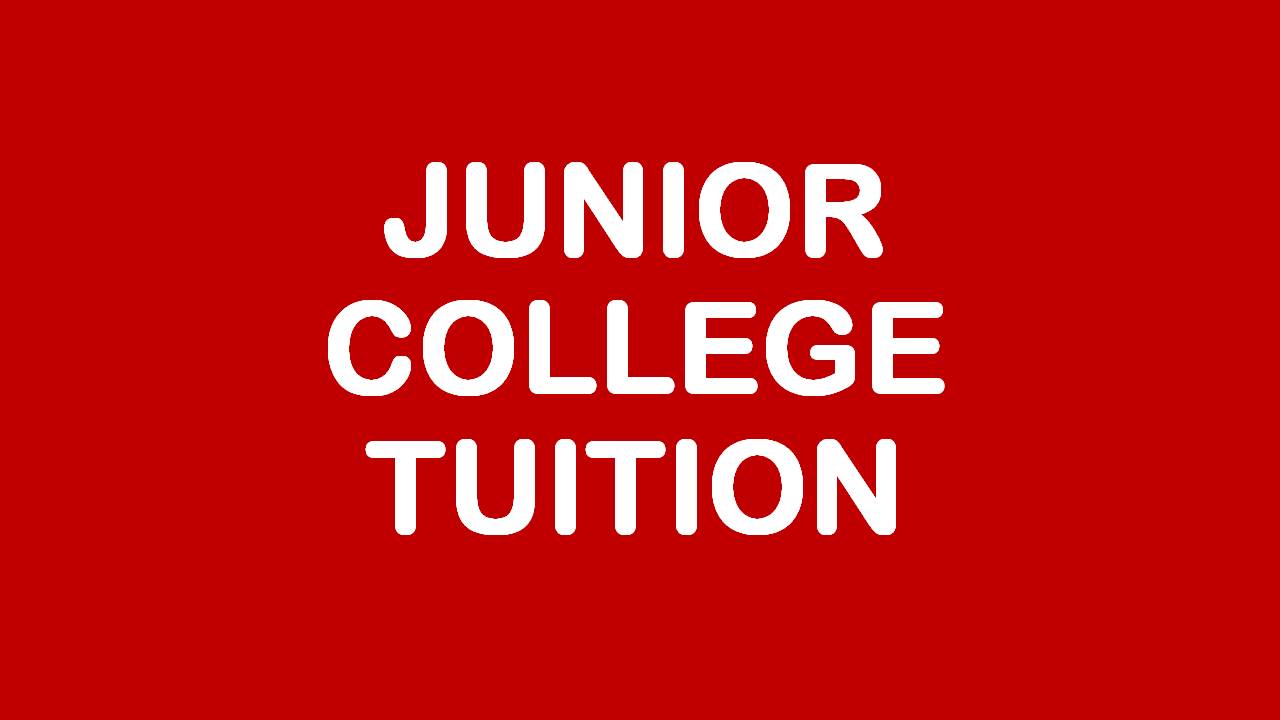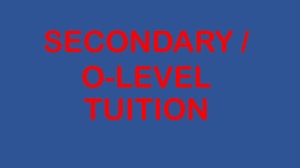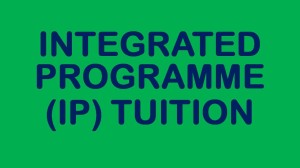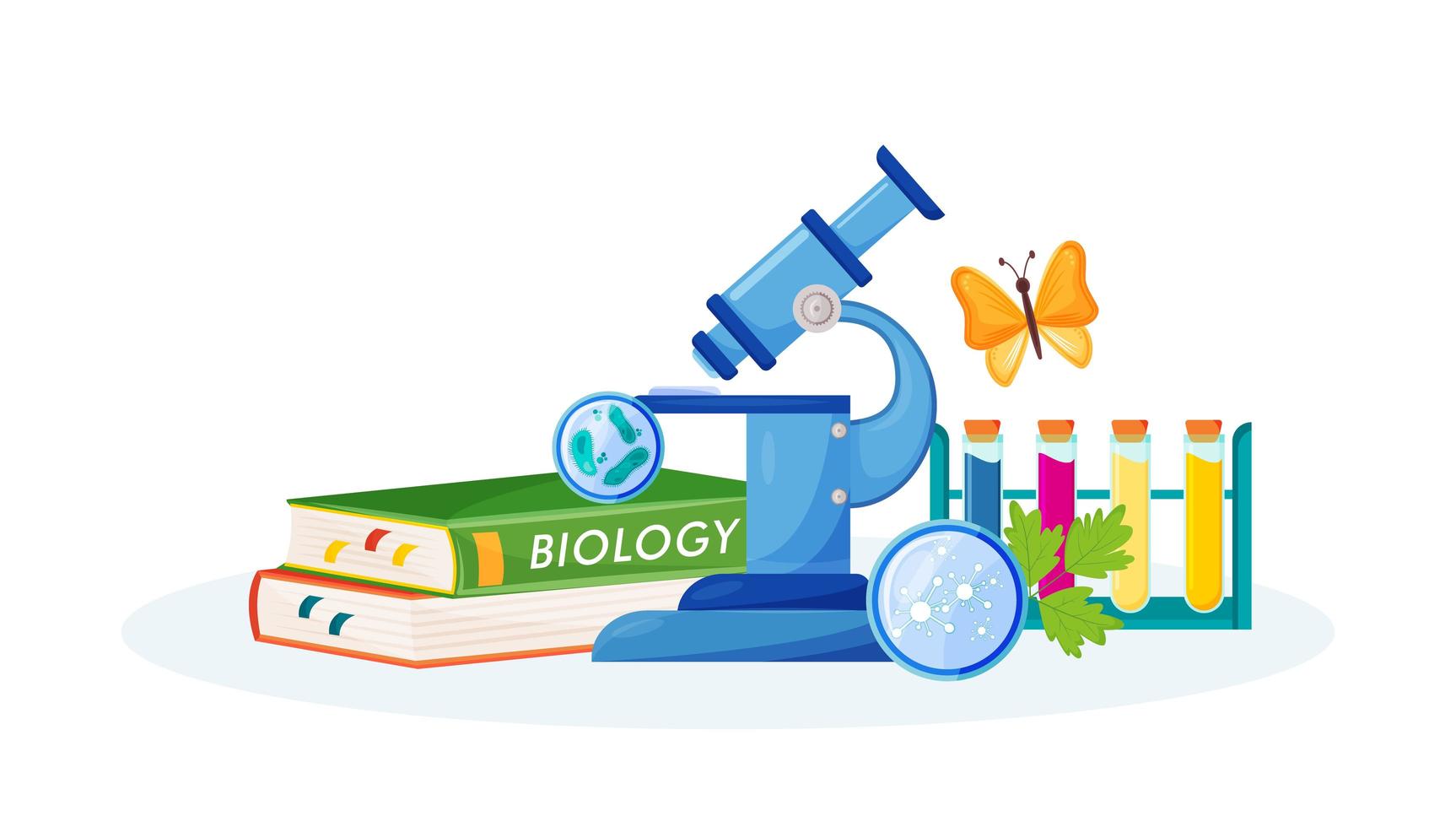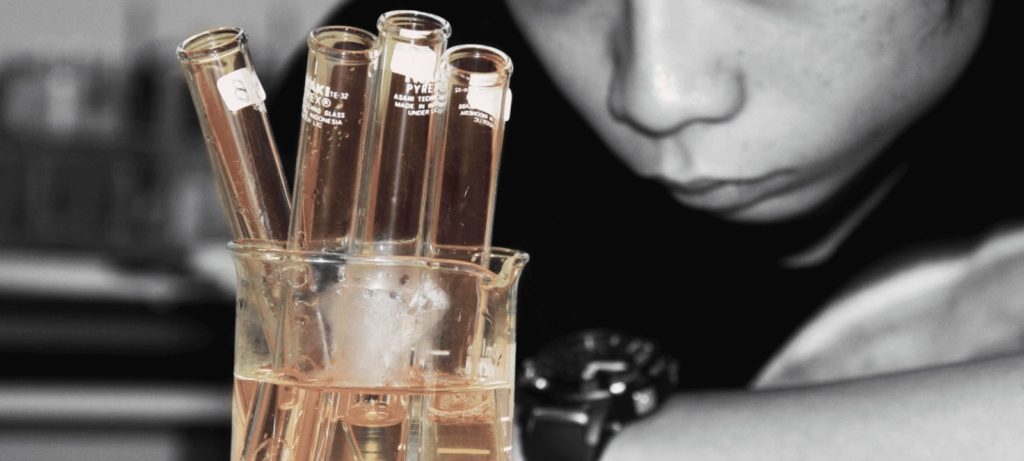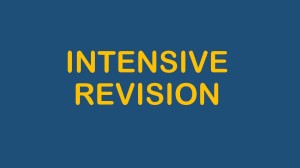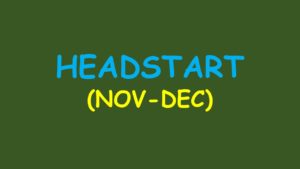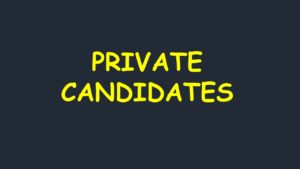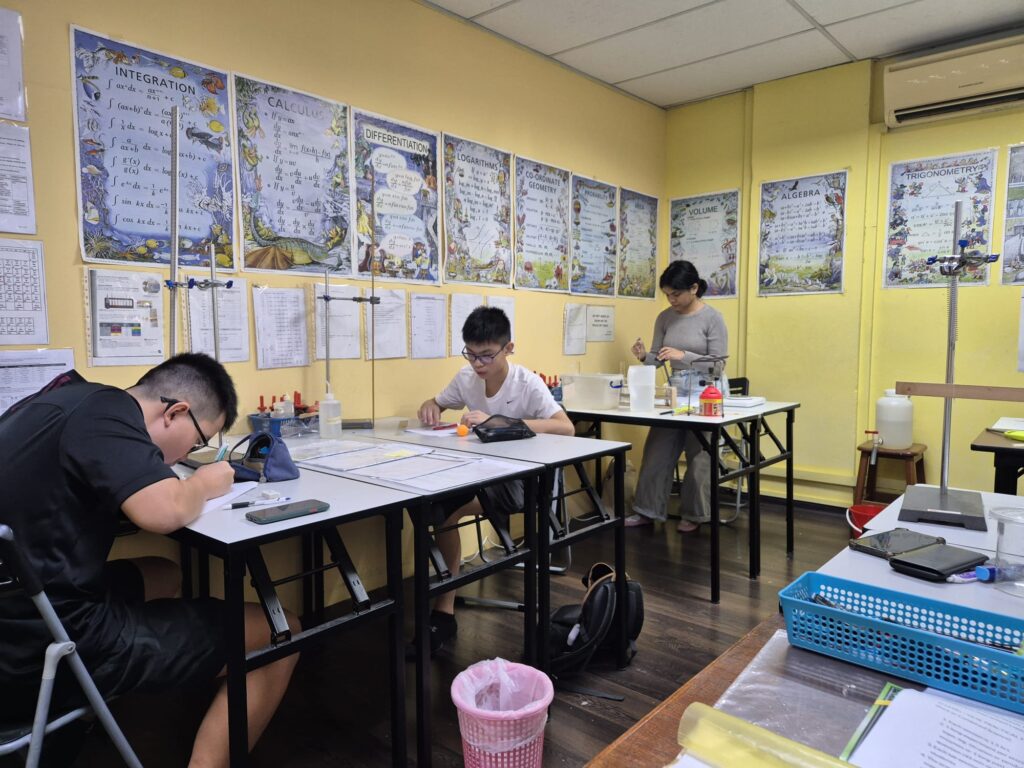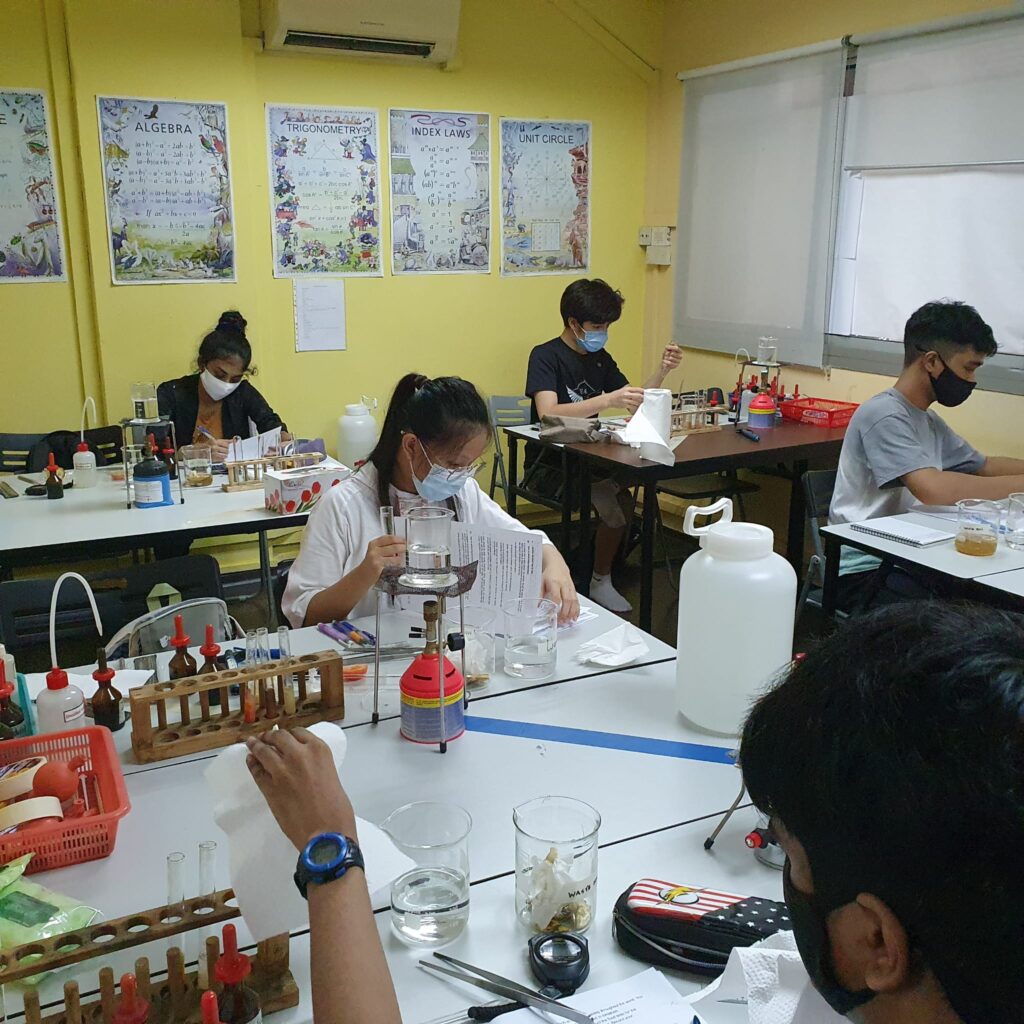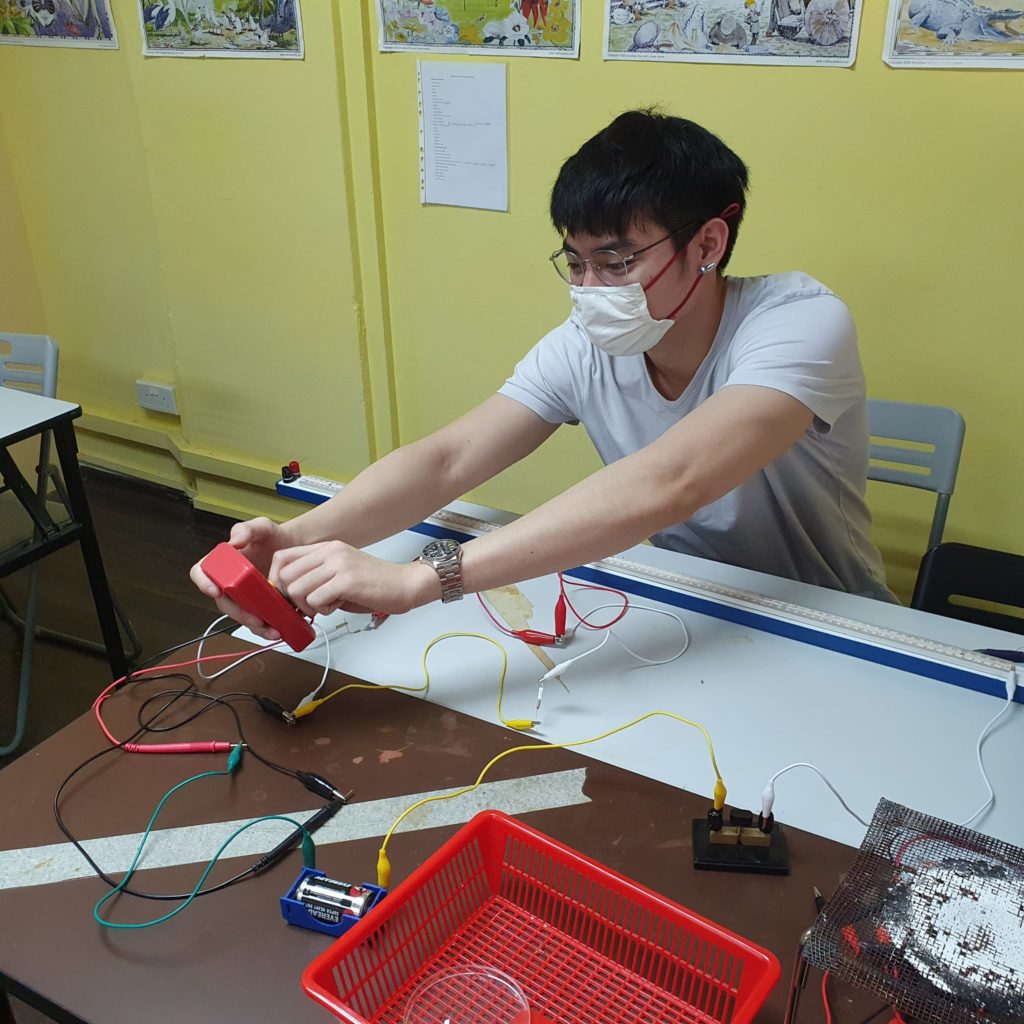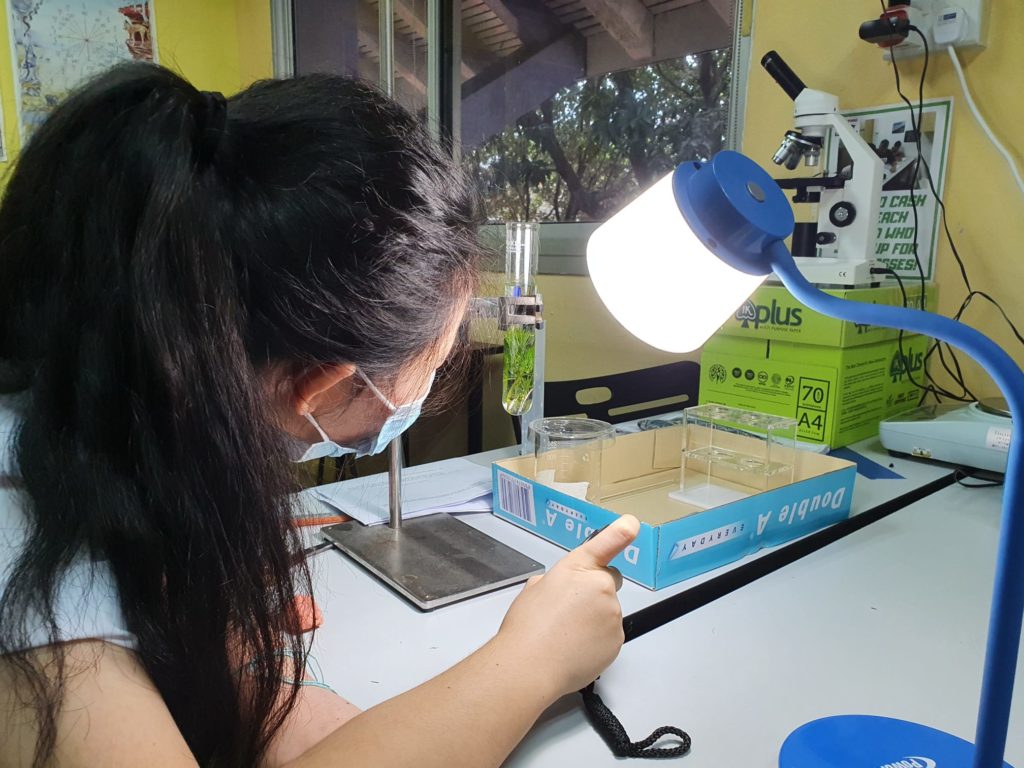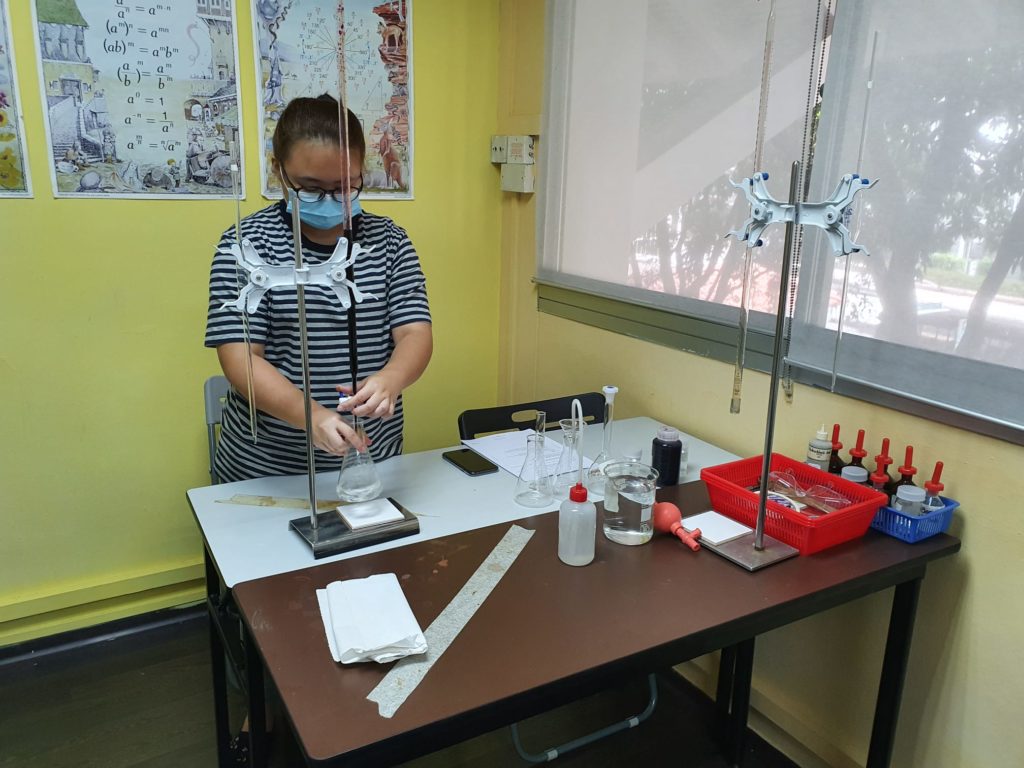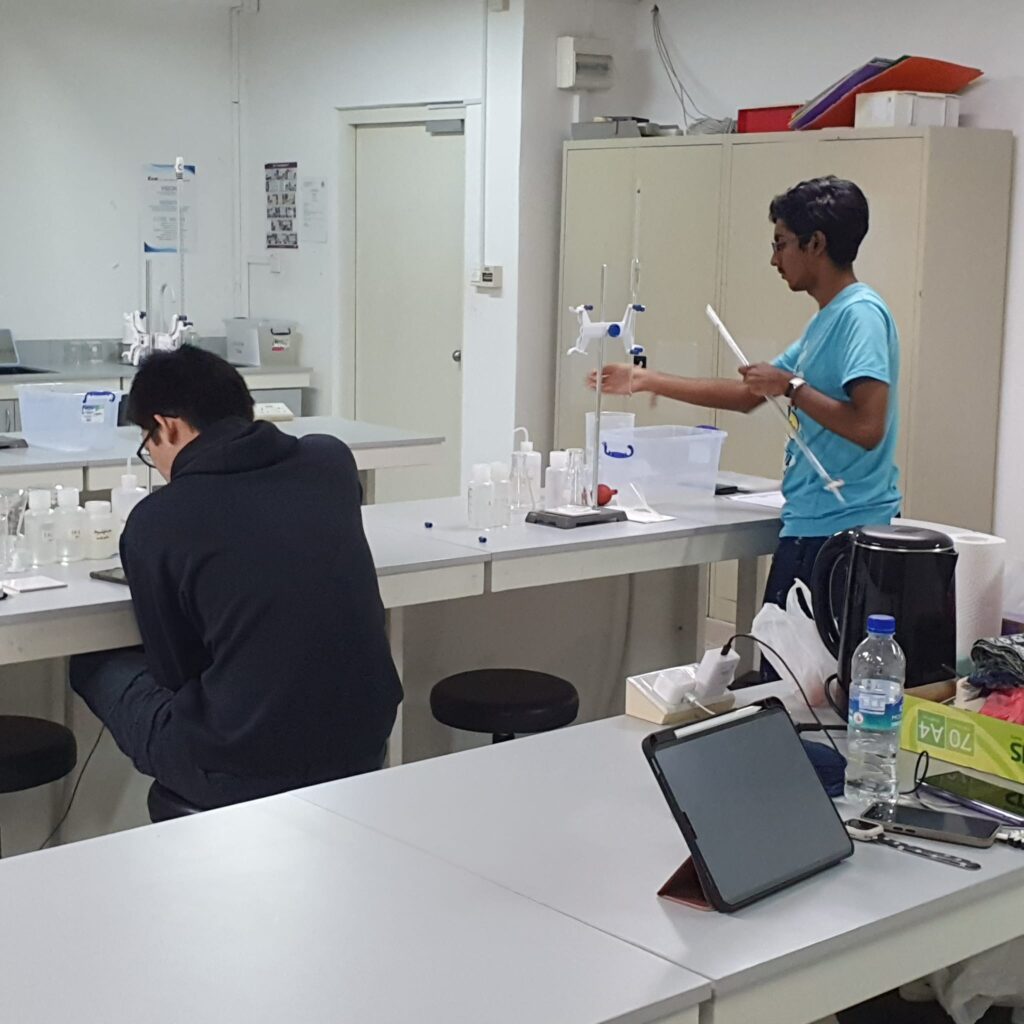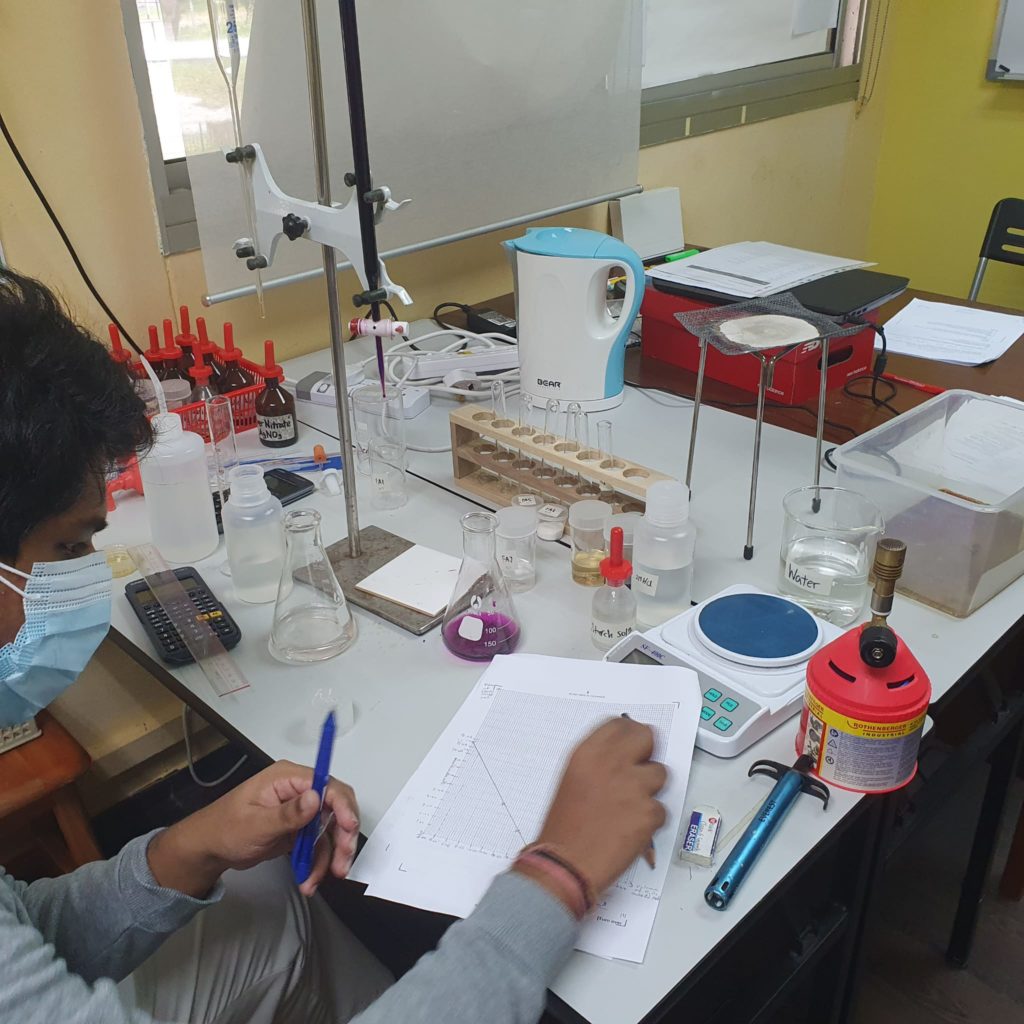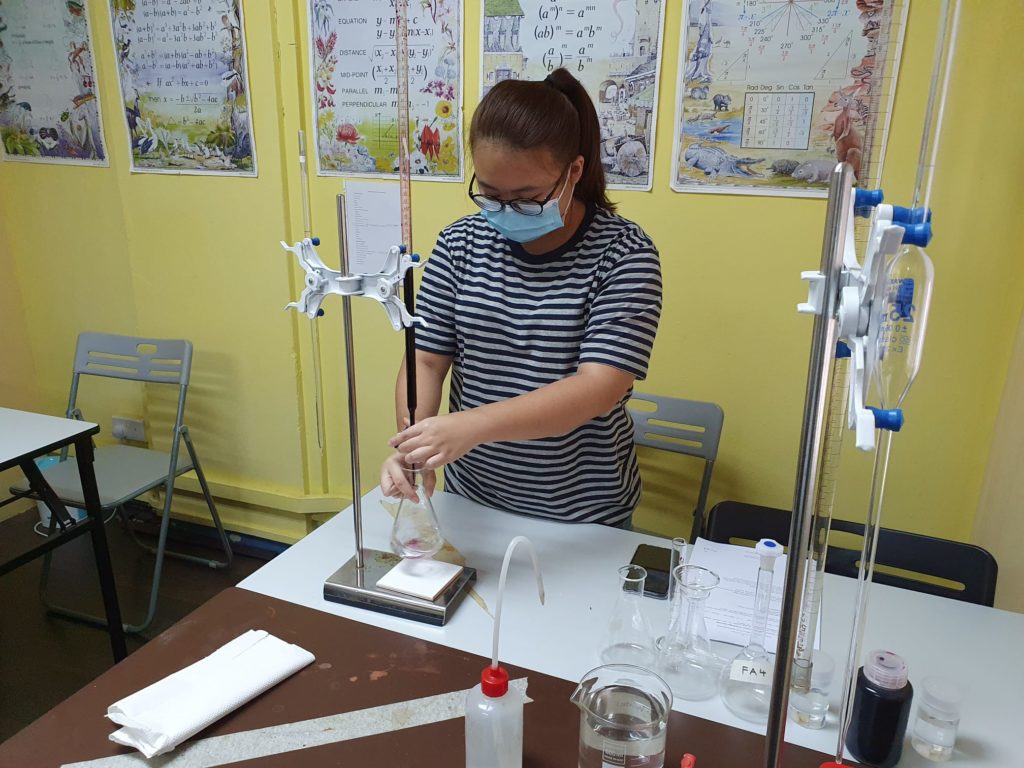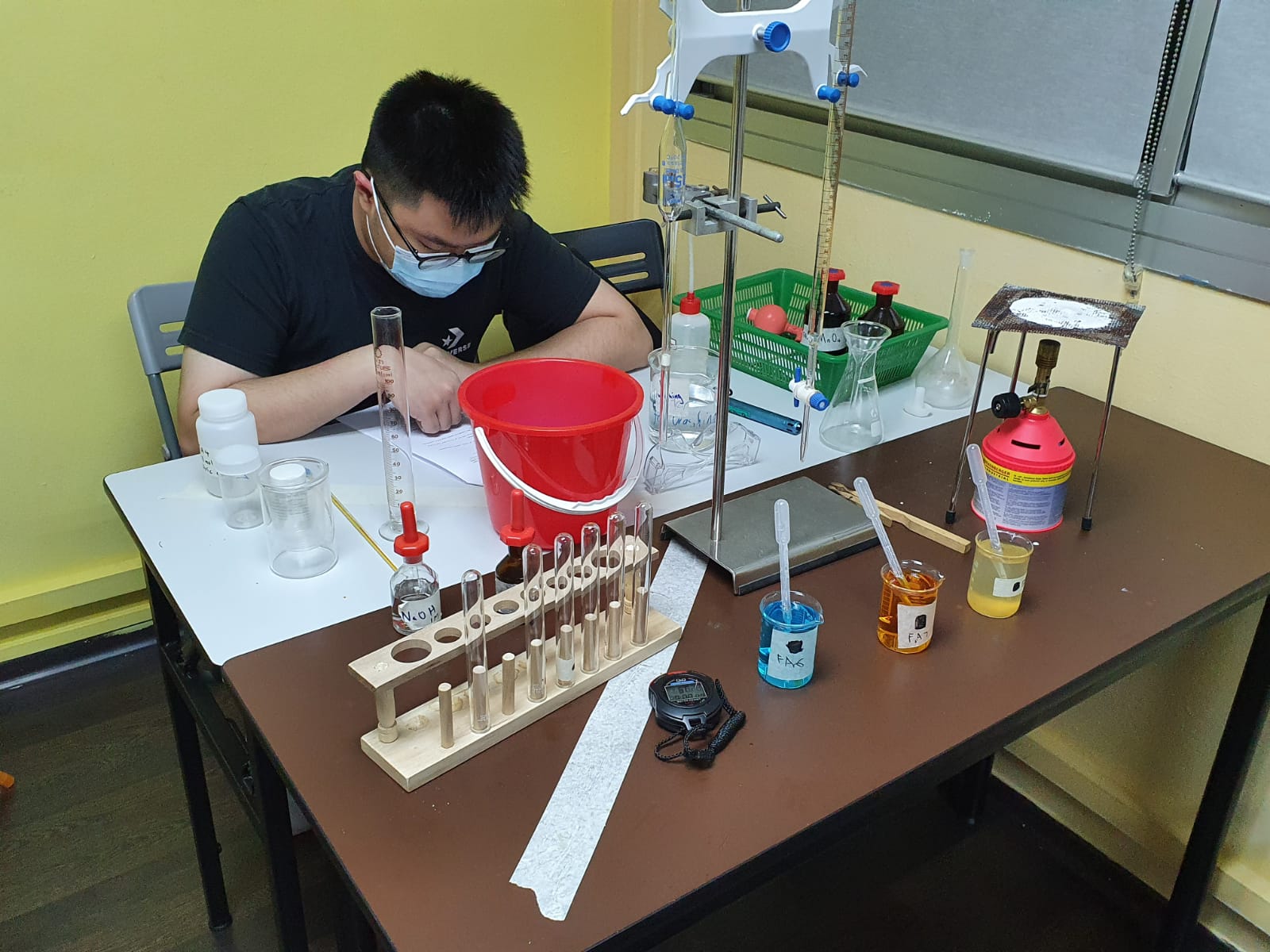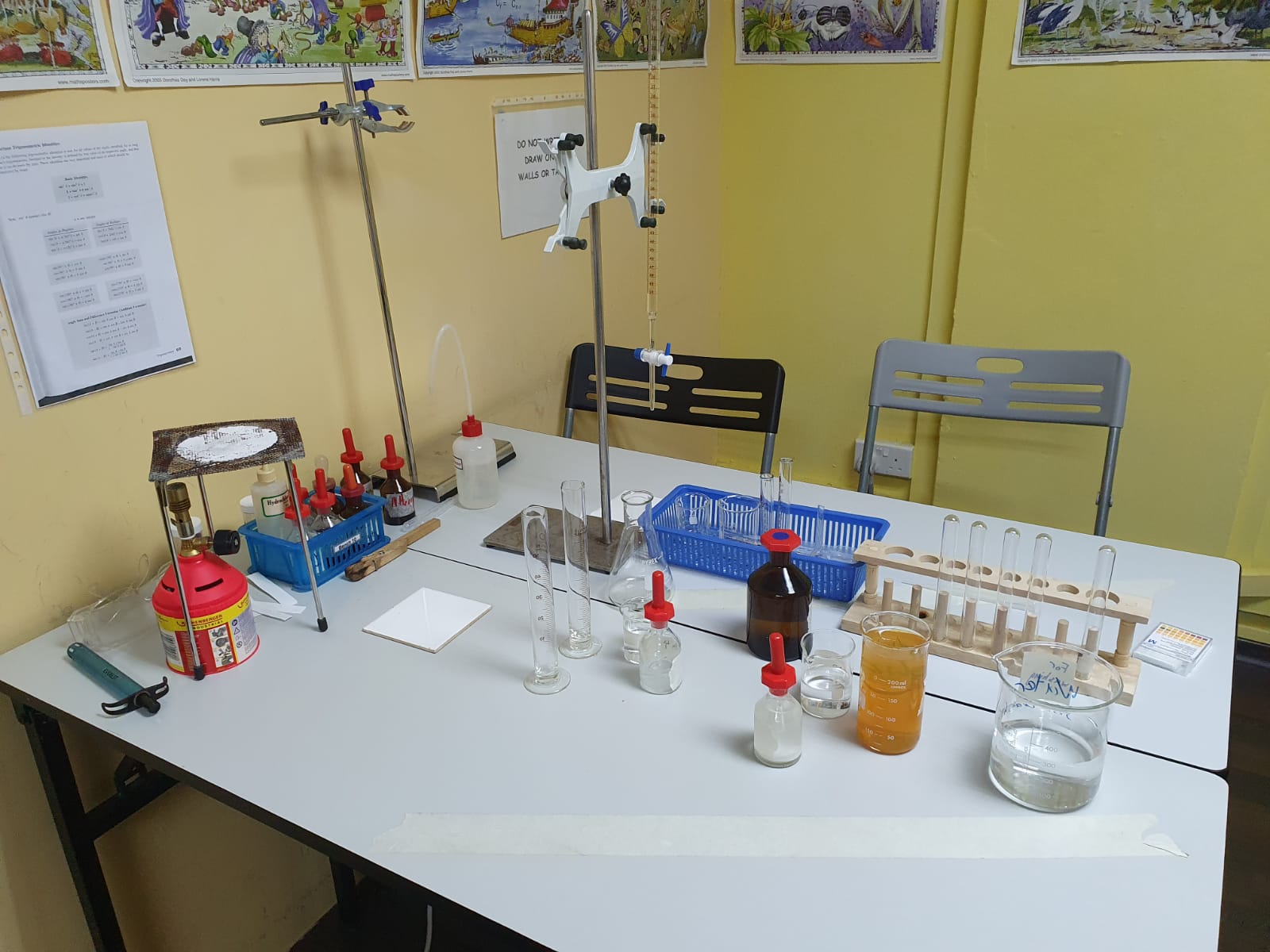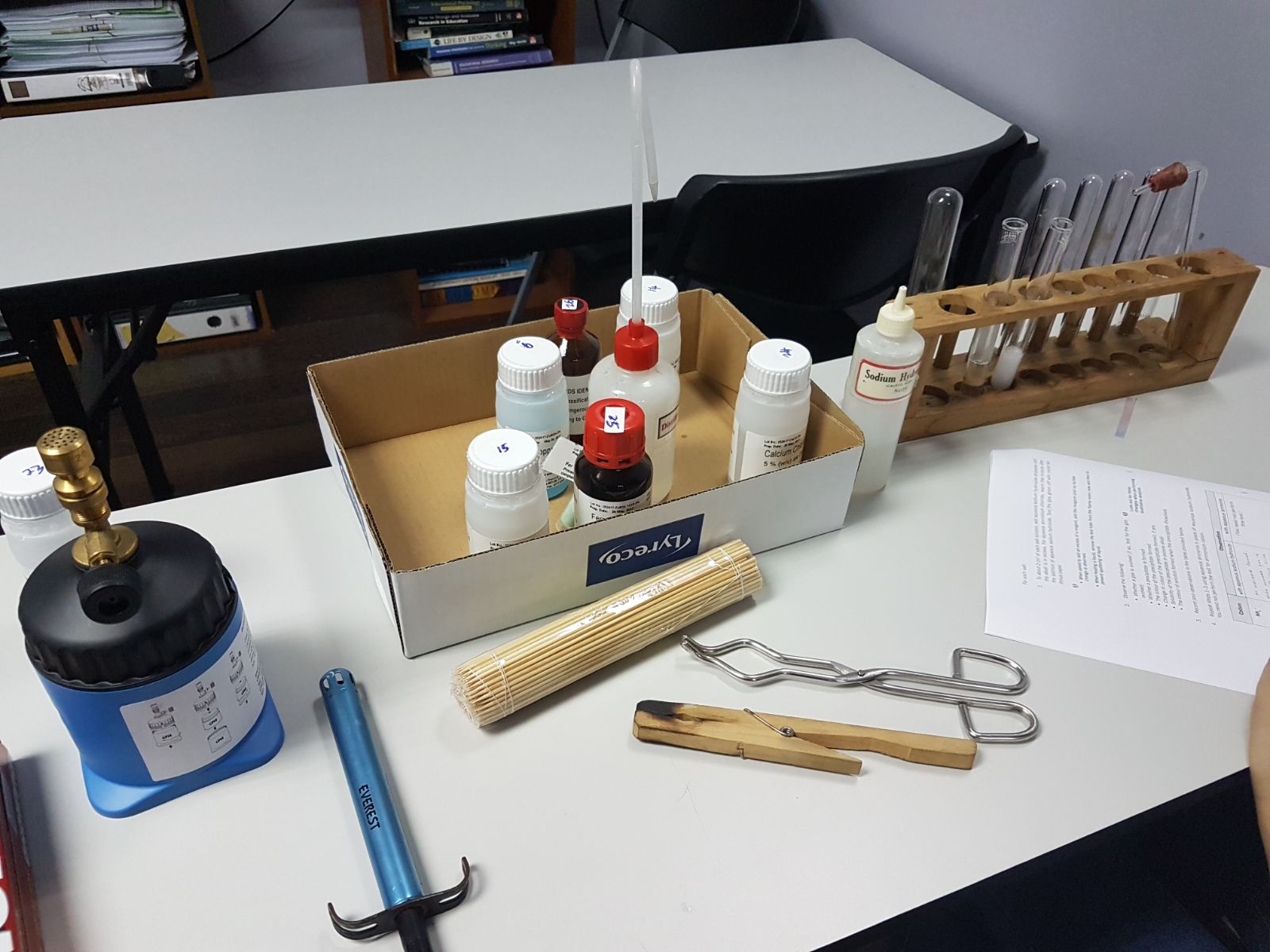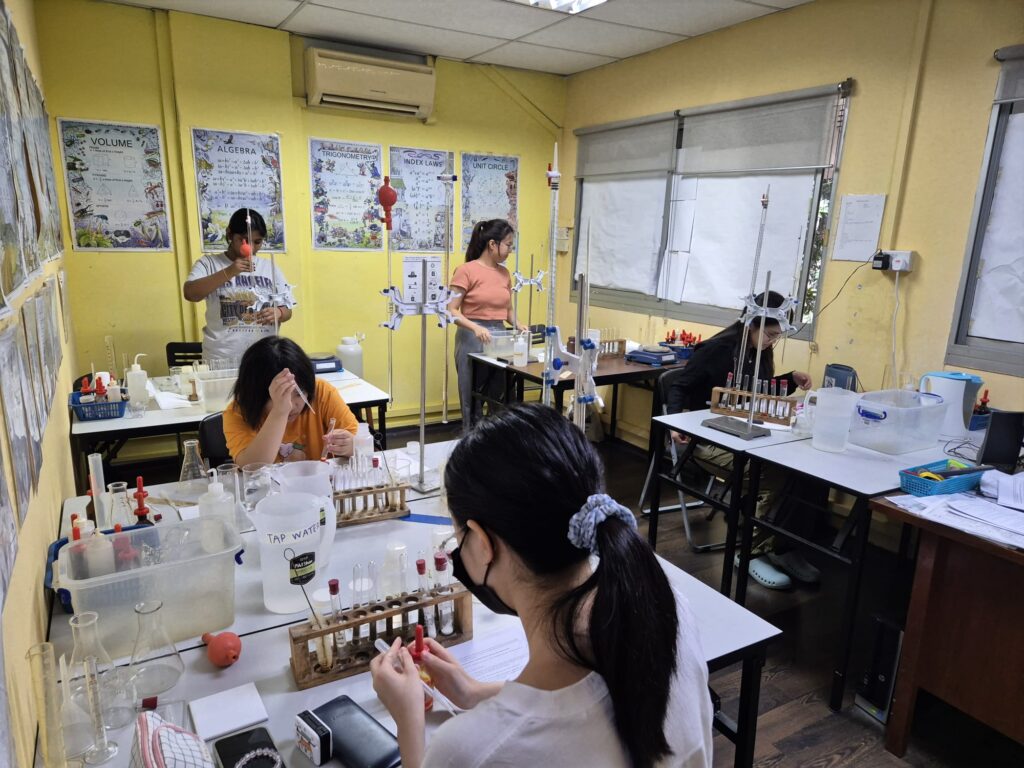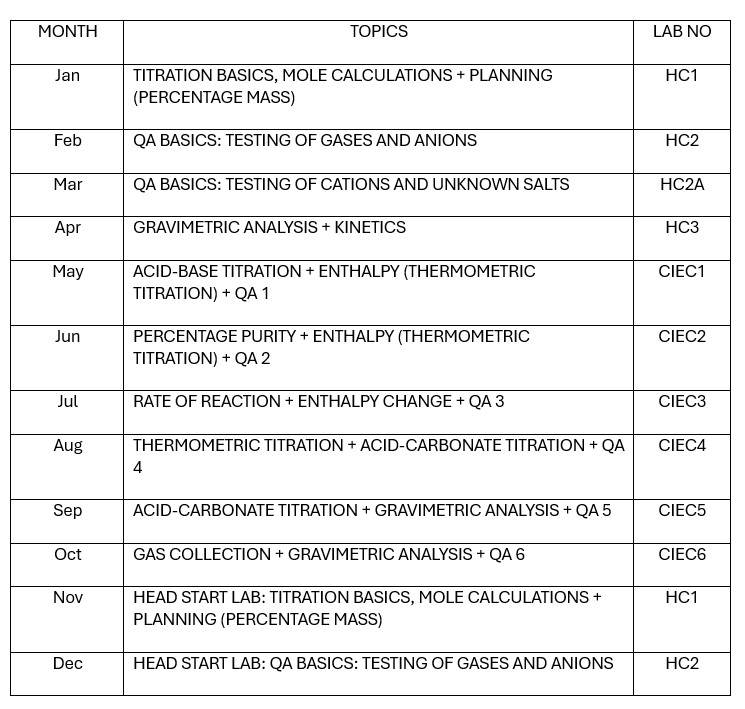If you are an A-Level exam candidate in 2025,
and you want to prepare for General Paper from scratch, this is your best-fit course.
This intensive programme is for serious learners.
5 months from May to Sept
+ ad-hoc whatsapp consultations in Oct until exam day, contingent on coach’s availability
+ diagnostic assessment in April to customise course materials
Coach has over 20 years of GP teaching experience in MOE (ex-JC GP Teacher)
3 Saturdays of online sessions (2.30-3.45pm++)
1 week off for reading/revision/additional practice (materials provided)
Each session includes explicit instruction & supervised practice
Thinking Skills, Answering Techniques, Language, Content (at least 1 theme a month)
Whatsapp Admin @ 88765498
Singapore Learner is a team of education consultants and expert tutors providing four main services (click on each link for details):
SCIENCE PRACTICAL TRAINING (Practical only)
INTEGRATED PROGRAMME (IP) TUITION
SCIENCE ACADEMY (Theory + Practical)
JC & SEC ACADEMIC TUITION (Theory only)
For enquiries, contact 88765498 (Admin).
Changes to the A Levels H2 Sciences Syllabus
Attention 2026 A-Level Students!
Did you know there are updates to the A-Level Science syllabus?
Curious about the changes?
Don’t worry—Singapore Learner’s tutors have got you covered!
Changes to ALL Sciences:
- The marks for ALL SCIENCES Practical has been reduced from 55 marks to 50 marks, while the weightage remains at 20 %.
- Additionally, the Planning (P) component reduced from 5 % to 4 %, while other components (Manipulation, measurement and observation (MMO), Presentation of data and observations (PDO) and Analysis, conclusions and evaluation (ACE)) increased from 15 % to 16 %. This suggests that students should focus less on the planning component and more on the other components!
Looking for PRACTICALS, CRASH COURSES AND MOCK EXAMS (Jun, Sep, Oct)?
H2 SCIENCES PRACTICAL TRAINING
TO REGISTER, CALL 65694897 or Whatsapp or Message our staff at 88765498.
- As for the assessment objectives, knowledge with understanding is now more worth at 36 % (from 32 %) than handling, applying and evaluating at 44 % (from 48 %). (In layman terms, this means that the questions are set slightly MORE towards remembering and understanding the content THAN application questions).
Changes to H2 Physics ☢️:
- Syllabus code changes from 9749 to 9478.
- [TO BE UPDATED]
Looking for H2 Physics Tuition?
H2 PHYSICS TUITION
WHATSAPP 88765498 (Admin).
Changes to H2 Chemistry🧪:
- Syllabus code changes from 9729 to 9476.
- For Paper 3 (Structured Questions), the total marks has now decreased from 80 marks to 75 marks, with from Section A (Long Structured Question) decreased from 60 marks to 55 marks. Weightage of Paper 3 (35 %) and marks from Section B (20 marks) remains.
- Clearer wordings in the learning outcomes (L.O), which includes
- For discussion of effects on the entropy of a chemical system, “mixing of particles” is NO LONGER REQUIRED.
- Instead of “describing enzymes as biological catalysts which may have specific activity” and “explaining the relationship between substrate concentration and the rate of an enzyme-catalysed reaction in biochemical systems“, candidates are now require to “describe enzymes as protein molecules that act as biological catalysts with high specificity (in the reactions that they catalyse and in their choice of substrates as exemplified by the lock-and-key model), temperature sensitivity and pH sensitivity [knowledge of the levels of structure of proteins and the details of the denaturation process are not required]. (I can forsee the H2 Biology Students smiling…)
- Instead of using buffer solutions (CO32–/HCO3–) to explain controlling pH in blood, it used to explain maintaining pH in oceans, and how the rapid increase in atmospheric carbon dioxide gas contributed to ocean acidification.
- Inclusion of reagents and conditions in the L.Os.
- With inclusion to recognise the effect of chlorofluoroalkanes (CFCs) on the ozone layer, candidates are also required to recognise their proposed replacements, hydrofluoroalkanes (HFCs) and hydrochlorofluoroalkanes (HCFCs), having significant environmental impact too.
- Proteins are no longer part of the nitrogen compounds chapter, but in the polymer chapter. Emphasis on the fact that proteins are example of condensation polymerisation.
- Redefined the definition of transition element as “a d block element whose atom has an incomplete d subshell, or which can give rise to cations with an incomplete d subshell”.
- NEW CHAPTER: POLYMER
- Recognise polymers as macromolecules built up from monomers, with average relative molecular mass of at least 1000 or at least 100 repeat units
- Classify and explain the difference between addition polymers (as exemplified by poly(alkenes)) and condensation polymers (as exemplified by polyesters and polyamides)
- Recognise that poly(alkenes) are chemically inert and can therefore be difficult to biodegrade
- Recognise that polyesters and polyamides are generally biodegradable by hydrolysis
- Recognise that materials are a finite resource and the importance of recycling plastics, considering the economic, environmental and social factors
- 9476 candidates NO LONGER need to:
- Show understanding that the position of equilibrium is dependent on the standard Gibbs free energy change of reaction, ΔG⦵.
- Recognise that petroleum, a chemical feedstock, is a finite resource and the importance of recycling.
- Description of the formation of zwitterions.
- For Paper 4 (Practical), 9476 candidates:
- NO LONGER need to carry out organic QA tests involving 2,4-dinitrophenylhydrazine, phosphorus(V) chloride or phenol.
- NO LONGER required to carry out gas collection experiments involving displacement of water or using gas syringes.
- Additionally, the organic QA table is NOW INCLUDED in the QA table!
Looking for H2 Chemistry Tuition?
H2 CHEMISTRY TUITION
WHATSAPP 88668423 (Specialist) OR 88765498 (Admin).
Changes to H2 Biology 🧬:
Many new and important fields of biology have emerged through recent advancements in life sciences. Vast amounts of knowledge have been generated, as evident from the sprouting of scientific journals catering to niche areas of research. As such, this syllabus refines and updates the content knowledge of the previous syllabus (9744) so that students can keep up to date with knowledge that is relevant for their participation in a technology-driven economy and as a global citizen cognisant of threats of emerging infectious diseases and the impacts of climate change.
- For Paper 2 (Structured Questions), the marks has been reduced from 100 marks to 90 marks, while the weightage of 30% remains. (Basically, Paper 2 Questions are now worth more!)
- For Paper 3 (Long Structured and Free-response Questions), the marks from Section A (Long Structured Question) has now increased from 50 marks to 55 marks, while marks from Section B (Free Response Questions, aka the essays) has now decreased from 25 marks to 20 marks.
- As for the assessment objectives, knowledge with understanding is now more worth at 36 % (from 32 %) than handling, applying and evaluating at 44 % (from 48 %). (In layman terms, this means that the questions are set slightly MORE towards remembering and understanding the content THAN application questions).
- Clearer wordings in the learning outcomes (L.O), which includes
- Interpret and recognise drawings, photomicrographs and electron micrographs of the cytoplasm (cytosol) and cellulose cell wall, and outlining their respective functions.
- Knowledge of the structure and roles of chloroplast DNA is NOT REQUIRED.
- For photosynthesis, with relation to the structure of chloroplast, names of complexes in the ETC and detailed mechanism of action of ATP synthase are NOT REQUIRED.
- For Calvin Cycle, knowledge of details of the structure of intermediate compounds and the names of other enzymes is NOT REQUIRED.
- For glycolysis, names of enzymes is NOT REQUIRED.
- For oxidative phosphorylation, detailed mechanism of action of ATP synthase and calculation of total yield of ATP from oxidative phosphorylation are NOT REQUIRED.
- “Type of substrate” is no longer needed to investigate the effect of respiration, however, it has been worded to “oxygen concentration” instead.
- For the explanation of effects of climate change as a result of greenhouse gas emissions, “heat waves“, “heavy rains” and “death of coral reefs” are no longer needed. Instead, explanations involving “increase in frequency of extreme weather events“, “stress to coral reef, seagrass and mangrove ecosystems” are now needed.
- Worded “discuss the consequences to the global food supply…” to “discuss the consequences to the sustainable food supply…”
- Linking of LOs of “explain how temperature changes impact insects” into the “life cycle of Aedes aegypti“, with emphasising on how temperature affects Aedes aegypti‘s life cycle.
- NEW L.Os include:
- Discuss the bioethics of genetic maternal screening for mutations, including trisomy-21.
- For Biological Evolution, explain the Hardy–Weinberg model and the conditions/assumptions it operates in.
- Calculate the frequencies of alleles, genotypes and phenotypes in a population for a gene with two alleles, using the Hardy–Weinberg equation.
- For Infectious Diseases, outline the terms (i) outbreak, (ii) epidemic, and (iii) pandemic, that are used to describe the spread of an infectious disease such as influenza.
- For Impact of Climate Change on Animals and Plants , explain how mangrove ecosystems help to mitigate the impacts of climate change.
- Explain the relative differences between the carbon footprints of a range of anthropogenic activities, including deforestation, energy production (including fossil fuels, hydroelectric power, nuclear power, solar power, wind power and bioethanol) and food production (animal- and plant-based)
- 9477 candidates NO LONGER need to:
- Describe molecular structure of G-protein linked receptor and explaining how its structure of each protein relates to the its function.
- Discuss ethical implications of the application of stem cells in research and medical applications and how human induced pluripotent stem cells (iPSCs) overcome some of these issues.
- Describe how the genomes of viruses are inherited through outlining the reproductive cycles of bacteriophages that reproduce via a lytic cycle only, including T4 phage.
- Explain how gene expression in prokaryotes can be regulated, through the concept of simple operons (including lac and trp operons), including the role of regulatory genes, and distinguish between inducible and repressible systems. (Yes, half of OCPG is no longer needed!)
- Explain the term: incomplete dominance and applying it in genetic diagrams to solve problems involving dihybrid test crosses.
- Using the example “how temperature affects fur colour of Himalayan rabbits” to explain how the environment may affect the phenotype.
- Explain how climate change affects plant distribution (vertical and latitude) and plant adaptations, including morphology and physiology.
- Development of viral dengue disease in humans, including host-pathogen interactions, human susceptibility to the virus, pathogen virulence, transmission and drug resistance.
- Discuss how climate change affects the rich biodiversity of the tropics, including the potential loss of this rich reservoir for biomedicines and genetic diversity for food.
Looking for H2 Biology Tuition?
H2 BIOLOGY TUITION
WHATSAPP 88668423 (Specialist) OR 88765498 (Admin).
Administrative Matters:
Location : Blk 644, Bukit Batok Central, #01-68. S(650644).
Our location is just a 3-min walk from either the Bukit Batok MRT station or the Bukit Batok Bus Interchange. Buses that stop along the roads surrounding our location are numbers 157, 178, 66, 506, 173, 174, 176, 187, 985. Buses services which terminate at Bukit Batok Bus Interchange are 61, 77, 106, 173, 177, 189, 852, 941, 945, 947.
HOW TO BOOK A LAB SESSION:
(1) Decide which Program or Lab sessions you need or most suitable for.
(2) Whatsapp or Message our staff at 88765498 with your Name, Private or School Candidate, A or O level, Subject or Lab Name (e.g Lab PP2), Date and Time of Lab. (Our staff will then guide you on how to register and make payment. If you are not sure about the lab sessions, just state your Name and the Subjects and we will get back to you)
(3) Register Online by clicking below:
(4) Pay Registration fee of $50 via Paynow or funds transfer.
(5) Make the required payment for each lab session at least 7 days before the date of the lab session. (You may also pay for several sessions at one go to ensure that you will have a place in future slots)
TUITION CLASSES:
By EX-MOE TEACHERS & EXPERIENCED TUTORS
@ BLK 644, BUKIT BATOK CENTRAL, #01-68. S(650644).
General Paper Bonus for H2/H1 students
We got you!
We’ve heard that A-Level students want General Paper support but not necessarily in the form of full lessons or lectures.
To balance the other A-Level subjects and co-curricular joys and challenges, what might be more needed are efficient, meaningful discussions and advice that aid students’ consolidation of their knowledge and skills. After all, our brains crave order, independence, some good conversation – better yet, without breaking the bank.
So in 2025, students who either take
TWO H2/H1 subjects (theory or at least 4 practical sessions per subject)
OR ONE H2/H1 subject + ONE science practical subject (taking at least 4 sessions)
@SingaporeLearner(SL) will be entitled to 2 complimentary GP consultations on Zoom.
Consultations run on selected days weekly from mid-May to mid-Sept 2025.
A booking link will be given to eligible students to meet our guest coach, an ex-MOE GP teacher of over 20 years.
Eligible students should book early to get their desired dates, while slots are available.
They should still be students @SL at the point of consultation.
Those who not book by 9 Aug 2025 will have their sessions passed on to another student in need.
Connect with our Admin. Whatsapp 88765498 for more info & to coordinate all subjects and H2 Science Practicals.
To reach our subject specialists,
Whatsapp 88668423 for Biology & Chemistry.
A-LEVEL | JC | BIOLOGY TUITION
NEW!! (2025) BUKIT BATOK TUITION SCHEDULE:
JC1 (or PU1 & PU2 for MI) H1 / H2 Biology [8876/9477]:
- Saturday| 8.15 am – 10.15 am | Code: J1BAM [ONLINE]
- Saturday| 7.30 am – 9.30 pm | Code: J1BPM
JC2 (or PU3 for MI) H1 / H2 Biology [8766/9744]:
- Saturday| 10.30 am – 12.30 pm | Code: J2BAM [ONLINE]
- Saturday| 5.15 am – 7.15 pm | Code: J2BPM
Price: Registration Fee: $ 30. Monthly Fee: $400.
Each lessons are either content revisions, TOPICAL and YEARLY TYS practices or MOCK exams. Want to try our FREE TRIAL lesson? Contact the tutor here via <CODE>TRIAL.
Why choose SL for your Biology tuition?
- SMALL and INCLUSIVE class size (max 8 students)!
- Doing Chemistry too? Hybrid Dual Subject system to save on tuition fees!
- Students can ask about their own school work!
- FEE DISCOUNT on Practical lessons for Science students!
- SIMPLIFIED and COMPREHENSIVE notes provided!
Background of the tutor:
The tutor graduated from NUS with a BSc (Honours) with a Major in Chemistry and a Minor in Biology and has been working part time in the tuition industry, facilitating practical lessons and tutoring theory in both O Levels and A Levels students in both Chemistry and Biology. The former MOE teacher is a passionate educator who believes in making lessons digestible and simplifying the topics for learners by using various teaching methods. Any learner under him will be trained to be excellent “answerers” for any exam questions. For any academic enquries, please contact him here.
FAQ:
Why the SMALL size class?
The small size class allows me to give my full attention to every student! This allows not only me to identify every student’s weaknesses easily, but can also allow the student to fully focus for every 2 hour sessions.
What do you mean by “INCLUSIVE”?
I always strongly believe that every student is equal, no matter which school they come from nor the type of candidate they are. We welcome students from neighbour JCs (including MI), or private candidates who wants additional revisions and practices, or even any student under the H1 syllabus. The inclusive environment allows every student to learn without feeling discriminated, allowing effective and efficient learning for everybody.
Why do you allow students to be able to ask about their OWN school work?
Since they are about 15 pre-uni institutes, every school comes out with variety of questions to access. While some of it’s difficulty is comparable to the A-Level Examination, some of it’s difficulty could challenge the student. As such, I would take this opportunity to break down the question for the students, and teach them ANSWERING TECHNIQUES that could help them answer these questions before any examination. This allows any student to be able to approach the questions without any fail, so that they are able to score well!
What do you mean by “SIMPLIFIED and COMPREHENSIVE” notes?
After looking through multiple assessment books and pre-uni institutes notes (They are no textbooks for A Levels!), the student may feel overwhelmed and not too sure what exactly to study for their A Levels. Hence, the IN-HOUSE NOTES, complied by me, is SIMPLIFIED for the students so that they have a higher confident to study for the subject. It is also COMPREHENSIVE so that student from ANY LEVEL are able to learn by re-read the notes. Of course, note-taking skills will also be taught so that the students can learn more effectiveely through the notes!
What are the fee discounts offered here?
As SL is offering JC Chemistry Tuition, enrolling in both subjects allows the monthly fee of JUST 700 for both (Original 800)! Additionally, since SL is THE CENTRE for PRACTICAL & practical is worth 20 % of the total exam marks, discounts can be applied for any of the practical sessions! (Referral System TBC).
What if I want 1-1 tuition OR classes beyond the above timeslot?
Contact 88668423 on whatsapp for more information! Timeslot is preferably on the weekday evenings!
I don’t want tuition, but I need consultation sessions? Do you offer that?
Yes, we do! In fact, the first hour of consulatation will offered free. Both physical and online. Contact 88668423 on whatsapp for more information!
Looking for PRACTICALS, CRASH COURSES AND MOCK EXAMS (Jun, Sep, Oct)?
H2 BIOLOGY PRACTICAL TRAINING
H2 BIOLOGY HANDS-ON PRACTICAL CRASH COURSE
TO REGISTER, CALL 65694897.
Administrative Matters:
Location : Blk 644, Bukit Batok Central, #01-68. S(650644).
Our location is just a 3-min walk from either the Bukit Batok MRT station or the Bukit Batok Bus Interchange. Buses that stop along the roads surrounding our location are numbers 157, 178, 66, 506, 173, 174, 176, 187, 985. Buses services which terminate at Bukit Batok Bus Interchange are 61, 77, 106, 173, 177, 189, 852, 941, 945, 947.
TUITION CLASSES:
By EX-MOE TEACHERS & EXPERIENCED TUTORS
@ BLK 644, BUKIT BATOK CENTRAL, #01-68. S(650644).
A-LEVEL | JC | CHEMISTRY TUITION
NEW!! (2025) BUKIT BATOK TUITION SCHEDULE:
JC1 (or PU1 & PU2 for MI) H1 / H2 Chemistry [8873/9476]:
- Sunday| 7.15 pm – 9.15 pm | Code: J1CPM [ONLINE]
JC2 (or PU3 for MI) H1 / H2 Chemistry [8873/9729]:
- Sunday| 11.15 am – 1.15 pm | Code: J2CAM [ONLINE]
- Sunday| 5 pm – 7 pm | Code: J2CPM
Price: Registration Fee: $ 30. Monthly Fee: $400.
Each lessons are either content revisions, TOPICAL and YEARLY TYS practices or MOCK exams. Want to try our FREE TRIAL lesson? Contact the tutor here via <CODE>TRIAL.
Why choose SL for your chemistry tuition?
- SMALL and INCLUSIVE class size (max 8 students)!
- Doing Biology too? Hybrid Dual Subject system to save on tuition fees!
- Students can ask about their own school work!
- FEE DISCOUNT on Practical lessons for Science students!
- SIMPLIFIED and COMPREHENSIVE notes provided!
Background of the tutor:
The tutor graduated from NUS with a BSc (Honours) with a Major in Chemistry and a Minor in Biology and has been working part time in the tuition industry, facilitating practical lessons and tutoring theory in both O Levels and A Levels students in both Chemistry and Biology. The former MOE teacher is a passionate educator who believes in making lessons digestible and simplifying the topics for learners by using various teaching methods. Any learner under him will be trained to be excellent “answerers” for any exam questions. For any academic enquries, please contact him here.
FAQ:
Why the SMALL size class?
The small size class allows me to give my full attention to every student! This allows not only me to identify every student’s weaknesses easily, but can also allow the student to fully focus for every 2 hour sessions.
What do you mean by “INCLUSIVE”?
I always strongly believe that every student is equal, no matter which school they come from nor the type of candidate they are. We welcome students from neighbour JCs (including MI), or private candidates who wants additional revisions and practices, or even any student under the H1 syllabus. The inclusive environment allows every student to learn without feeling discriminated, allowing effective and efficient learning for everybody.
Why do you allow students to be able to ask about their OWN school work?
Since they are about 15 pre-uni institutes, every school comes out with variety of questions to access. While some of it’s difficulty is comparable to the A-Level Examination, some of it’s difficulty could challenge the student. As such, I would take this opportunity to break down the question for the students, and teach them ANSWERING TECHNIQUES that could help them answer these questions before any examination. This allows any student to be able to approach the questions without any fail, so that they are able to score well!
What do you mean by “SIMPLIFIED and COMPREHENSIVE” notes?
After looking through multiple assessment books and pre-uni institutes notes (They are no textbooks for A Levels!), the student may feel overwhelmed and not too sure what exactly to study for their A Levels. Hence, the IN-HOUSE NOTES, complied by me, is SIMPLIFIED for the students so that they have a higher confident to study for the subject. It is also COMPREHENSIVE so that student from ANY LEVEL are able to learn by re-read the notes. Of course, note-taking skills will also be taught so that the students can learn more effectiveely through the notes!
What are the fee discounts offered here?
As SL is offering JC Biology Tuition, enrolling in both subjects allows the monthly fee of JUST 700 for both (Original 800)! Additionally, since SL is THE CENTRE for PRACTICAL & it is worth 20 %, discounts can be applied for any of the practical sessions! (Referral System TBC).
What if I want 1-1 tuition OR classes beyond the above timeslot?
Contact 88668423 on whatsapp for more information! Timeslot is preferably on the weekday evenings!
I don’t want tuition, but I need consultation sessions? Do you offer that?
Yes, we do! In fact, the first hour of consulatation will offered free. Both physical and online. Contact 88668423 on whatsapp for more information!
Looking for PRACTICALS, CRASH COURSES AND MOCK EXAMS (Jun, Sep, Oct)?
H2 CHEMISTRY PRACTICAL TRAINING
H2 CHEMISTRY HANDS-ON PRACTICAL CRASH COURSE
TO REGISTER, CALL 65694897.
Administrative Matters:
Location : Blk 644, Bukit Batok Central, #01-68. S(650644).
Our location is just a 3-min walk from either the Bukit Batok MRT station or the Bukit Batok Bus Interchange. Buses that stop along the roads surrounding our location are numbers 157, 178, 66, 506, 173, 174, 176, 187, 985. Buses services which terminate at Bukit Batok Bus Interchange are 61, 77, 106, 173, 177, 189, 852, 941, 945, 947.
TUITION CLASSES:
EDUCATIONAL SERVICES:
By EX-MOE TEACHERS & EXPERIENCED TUTORS
@ BLK 644, BUKIT BATOK CENTRAL, #01-68. S(650644).
JC & SEC TUITION
JC / A-LEVEL TUITION
A-Level BIOLOGY (H1/H2) – Whatsapp 88668423 (Specialist)
A-Level CHEMISTRY (H1/H2) – Whatsapp 88668423 (Specialist)
GP from Scratch – 5-month intensive General Paper
GENERAL PAPER BONUS SESSIONS
SEC / O-LEVEL TUITION
For enquiries, CALL 65694897 OR SMS 88765498
TO REGISTER, CLICK ON THE BUTTON BELOW.
By EX-MOE TEACHERS & EXPERIENCED TUTORS
@ BLK 644, BUKIT BATOK CENTRAL, #01-68. S(650644).
CALL 65694897 OR SMS 88765498.
A-LEVEL H2 PRACTICALS
Why Us?
-
Our teachers are highly qualified and very experienced, and we actually TEACH you good practical techniques.
-
We have been a one-stop comprehensive science practical centre providing solid practical training for ALL THREE sciences and for all levels and streams since 2017.
-
Our laboratory apparatus are exam-grade and the same as those used in MOE schools and our chemicals are all NEA-approved.
-
We have a structured practical training programme catering to the needs of both beginners and experienced students.
-
We have a maximum class size of just 5 students! Yes just 5 students at most, so that the teacher is able to observe the actions of each student more closely and demonstrate the correct practical techniques where and when necessary.
-
Beyond basic training, our lab sessions are EXAM PAPERS consisting of 2 to 3 questions each of multiple topics, including the PLANNING question.
Singapore Learner @ Bukit Batok
Blk 644, Bukit Batok Central, #01-68. S(650644).
Tel: +(65) 6569 4897, +(65) 88765498 (WHATAPPS) http://wa.link/w0xxk2
Email: singaporelearner@gmail.com
If you wish to visit us, kindly call or sms first. Thank you.
IMPORTANT INFORMATION FOR PRIVATE CANDIDATES
The registration for ‘A’ and ‘O’ Level exams as a private candidate usually opens around mid-April (Please check SEAB website) and closes before mid-May. If you are registering for a Science subject (Physics, Chemistry, Biology or Combined Sciences), at the time of registration, you will be asked whether you have done any science practical training in any school, centre, or institute. Science practical training in Singapore Learner qualifies as practical training for the purpose of registration for Science subjects for the ‘A’ and ‘O’ level exams.
Thus if you are considering Singapore Learner as your science practical training provider, you must register with us and complete at least 4 basic practical sessions for each subject for us to certify that you have attended science practical training. Please note students usually do about 10 practical sessions per subject to be competent in practicals.
For Practical courses, mock exams or schedules, please click on any of the following:
H2 PHYSICS PRACTICAL
H2 CHEMISTRY PRACTICAL
H2 BIOLOGY PRACTICAL
HANDS-ON PRACTICAL CRASH COURSES
MOCK EXAMS FOR SCIENCE PRACTICAL
HOW TO BOOK A LAB SESSION:
(1) Decide which Program or Lab sessions you need or most suitable for, by visiting the webpages of the practical subjects you are interested in (if you can’t find the labs you need, Whatapps us at 88765498.
(2) Whatsapp or Message our staff at 88765498 with your Name, Private or School Candidate, A or O level, Subject or Lab Name (e.g Lab PP2), Date and Time of Lab. (Our staff will then guide you on how to register and make payment. If you are not sure about the lab sessions, just state your Name and the Subjects and we will get back to you)
(3) Register Online by clicking below:
(4) Pay Registration fee of $50 via Paynow or funds transfer.
(5) Make the required payment for each lab session at least 7 days before the date of the lab session. (You may also pay for several sessions at one go to ensure that you will have a place in future slots)
FEES PER SESSION
Practical Training Session: $290
Mock Exam:- $380
Note: Above fees are subject to changes without prior notice.
Singapore Learner @ Bukit Batok
Blk 644, Bukit Batok Central, #01-68. S(650644).
Tel: +(65) 6569 4897, +(65) 88765498 (WHATAPPS) http://wa.link/w0xxk2
Email: singaporelearner@gmail.com
If you wish to visit us, kindly call or sms first. Thank you.
Importance of JC tuition
It is quite tragic that most parents and even students think that the PSLE is the most important exam in Singapore, to the point that parents are willing to spend a lot on tuition for their 12-year old kids but not for their 17-18 year olds, who they believe can understand everything they study on their own. This is quite far from the truth. JC students still need good teachers, failing which they will need good tutors.
Doing badly at the A-levels has quite financially serious consequences. Let’s do the math. Let’s say a student is weak in three H2 subjects and goes for private tuition from March of his 1st year to November of his 2nd year. That is a total of 21 months. At roughly $320 per subject per month, his parents would have to fork out a total of $320 x 3 x 21 = $20 160. So we can say on average JC tuition costs around 20K. But if he doesn’t go for tuition and end up being rejected for his desired courses by all our local recognised universities, his parents may have to fork out around 300K-500K for an overseas degree! That is about 15 to 25 times more costly than spending on JC tuition.
My advice to parents is, if your child is struggling with his JC subjects, you NEED to find him good tutors. If you want to save 20K now you may have to lose 400K later.
PLEASE NOTE THIS IS AN OUTDATED POST.
FOR THE LATEST SCHEDULE, CLICK ON
H2 CHEMISTRY PRACTICAL
We provide A-Level / H2 and O-Level Physics, Chemistry, Biology and Science (Physics/Chemistry/Biology) Practical training for private / school candidates and homeschoolers, for both local (eg. H2, Singapore-Cambridge) and international exams (CIE, IGCSE). School candidates are also welcome.
NEW!
H2 CHEMISTRY HANDS-ON PRACTICAL CRASH COURSE
H2 BIOLOGY HANDS-ON PRACTICAL CRASH COURSE
H2 PHYSICS HANDS-ON PRACTICAL CRASH COURSE
MOE/SEAB SYLLABUS FOR H2 CHEMISTRY PRACTICAL
Paper 4 (Practical) is weighted to 20% of the Higher 2 assessment.
Candidates are expected to have been exposed to a range of topics and experimental techniques such as:
- Titration, e.g. acid-base titration (using suitable indicators such as methyl orange, screened methyl orange, thymolphthalein, and thymol blue), redox titration, iodimetric titration, indirect titration, including the preparation of standard solutions. Other types of titrations may also be required.
- Gravimetric analysis, e.g. volatilization gravimetry
- Gas collection
- Thermochemistry, including thermometric titration
- Chemical kinetics, e.g. continuous and initial rate methods
- Qualitative Inorganic analysis involving an element, a compound or a mixture. Systematic analysis will not be required. Candidates should be familiar with the reactions of cations, anions, and tests of gases as detailed in the Qualitative Analysis Notes. Reactions involving ions not included in the QA notes may be tested: in such cases, candidates will not be expected to identify the ions but only to draw conclusions of a general nature. Candidates should not attempt tests, other than those specified, on substances, except when it is appropriate to test for a gas.
- Qualitative inorganic analysis requiring a knowledge of simple organic reactions e.g. test-tube reactions indicating the presence of unsaturation ( C = C), alcoholic, phenolic, carbonyl, carboxyl and amino groups, may be tested, but this would be for the testing of observation skills and drawing general conclusions only
- Simple organic synthesis and purification, including use of water bath, setting up and the use of reflux and distillation apparatus
OUR STRUCTURED PRACTICAL TRAINING SYSTEM
Based on the above syllabus, we have several structured programs for you, depending on whether you are a Beginner or a Reviser.
You are at the Beginner level if you have never done any Chemistry Practical work before, or your last Chemistry Practical session was more than 2 years ago.
You are at the Reviser level if you have completed the Beginner practicals, or you are re-taking your Chemistry Practical exam, or you are a school candidate who has completed JC1/Y5.
NEW! – 5pm – 7pm time slots on Mon and Wed for students who can only come after school. For advance booking, Whatsapp Admin at 88765498 http://wa.link/w0xxk2
OUR H2 CHEMISTRY PRACTICAL SCHEDULE 2023
BASIC LABS (for Beginners only):
Lab HC1: TITRATION BASICS, MOLE CALCULATIONS + PLANNING (PERCENTAGE MASS) (TOPICAL TRAINING, LEVEL: BEGINNER) (Available sessions: 30/11 (10:30-1pm), 9/1 (2-4:30pm), 11/1 (2-4:30pm), 12/1 (2-4:30pm), 13/1 (10:30-1pm), 14/1 (2-4:30pm))
Lab HC2: QA BASICS: TESTING OF GASES AND ANIONS (TOPICAL TRAINING, LEVEL: BEGINNER) (Available sessions: 7/12 (10:30-1pm), 30/1 (2-4:30pm), 1/2 (2-4:30pm), 2/2 (2-4:30pm), 3/2 (10:30-1pm), 4/2 (2-4:30pm))
Lab HC2A: QA BASICS: TESTING OF CATIONS AND UNKNOWN SALTS (TOPICAL TRAINING, LEVEL: BEGINNER) (Available sessions: 7/12 (2-4:30pm), 20/2 (2-4:30pm), 22/2 (2-4:30pm), 23/2 (2-4:30pm), 24/2 (10:30-1pm), 25/2 (2-4:30pm))
Lab HC3: GRAVIMETRIC ANALYSIS 3 + KINETICS 3(TOPICAL TRAINING, LEVEL: BEGINNER)(Available sessions: 12/3 (2-4:30pm), 14/3 (2-4:30pm), 15/3 (2-4:30pm), 16/3 (10:30-1pm), 17/3 (2-4:30pm))
Note: The above 4 labs are BASIC TRAINING LABS which are available throughout the year, every week every month, as they are compulsory for all beginners. Thus if the date you can attend is not listed above, please message our Admin at 88765498 for a new schedule.
STANDARD LABS (for Retakers and current govt school students):
Lab HC4: ACID-CARBONATE TITRATION 4+ THERMOMETRIC TITRATION 4 INVOLVING COMPLEX IONS + QA4 (ORGANIC & INORGANIC) (PARTIAL EXAM PAPER TRAINING, LEVEL: REVISER) Available sessions: 9/4 (2-4:30pm), 11/4 (2-4:30pm), 12/4 (2-4:30pm), 13/4 (10:30-1pm), 14/4 (2-4:30pm))
Lab HC5: IODIMETRIC TITRATION 5 + SOLUBILITY PRODUCT + ENTHALPY 5 + QUALITATIVE ANALYSIS 5 (PARTIAL EXAM PAPER TRAINING, LEVEL: REVISER) Available sessions: 30/4 (2-4:30pm), 2/5 (2-4:30pm), 3/5 (2-4:30pm), 4/5 (10:30-1pm), 5/5 (2-4:30pm))
Lab HC6: THERMOMETRIC TITRATION 6 + GRAVIMETRIC ANALYSIS 6 + KINETICS 6+ QA 6 (PARTIAL EXAM PAPER TRAINING, LEVEL: REVISER) (Available sessions: 21/5 (2-4:30pm), 23/5 (2-4:30pm), 24/5 (2-4:30pm), 25/5 (10:30-1pm), 26/5 (2-4:30pm))
Lab HC7: REDOX TITRATION 7 + ENTHALPY CHANGE 7 + QA 7 + TRANSITION METALS 7 (EXAMPAPER TRAINING, LEVEL: REVISER)(Available session : 11/6 (2-4:30pm), 13/6 (2-4:30pm), 14/6 (2-4:30pm), 15/6 (10:30-1pm), 16/6 (2-4:30pm))
Lab HC8: ACID-BASE + REDOX 8 TITRATION + ENTHALPY CHANGE 8 + QA 8 + TRANSITION METALS 8 (EXAM PAPER TRAINING, LEVEL: REVISER) (Available sessions: 2/7 (2-4:30pm), 4/7 (2-4:30pm), 5/7 (2-4:30pm), 6/7 (10:30-1pm), 7/7 (2-4:30pm))
Lab HC9: REDOX TITRATION 9 (WITH PRE-HEATING) + PLANNING 9 + ENTHALPY CHANGE 9 + QA 9 (EXAM PAPER TRAINING, LEVEL: REVISER) (Available sessions: 23/7 (2-4:30pm), 25/7 (2-4:30pm), 26/7 (2-4:30pm), 27/7 (10:30-1pm), 28/7 (2-4:30pm))
Lab HC10: INDIRECT TITRATION 10 + GRAVIMETRIC ANALYSIS 10 + QA 10 (EXAM PAPER TRAINING, LEVEL: REVISER) (Available sessions: 13/8 (2-4:30pm), 15/8 (2-4:30pm), 16/8 (2-4:30pm), 17/8 (10:30-1pm), 18/8 (2-4:30pm))
Lab HC11: THERMOMETRIC TITRATION 11 + ENTHALPY 11 + REDOX TITRATION 11 + WATER OF CRYSTALLIZATION + QA 11 (Available sessions: 3/9 (2-4:30pm), 5/9 (2-4:30pm), 6/9 (2-4:30pm), 7/9 (10:30-1pm), 8/9 (2-4:30pm))
Lab HC12: REDOX TITRATION 12 + ENTHALPY 12 + QA12 + PLANNING 12 (THERMOMETRIC TITRATION) (Available sessions: 24/9 (2-4:30pm), 26/9 (2-4:30pm), 27/9 (2-4:30pm), 28/9 (10:30-1pm), 29/9 (2-4:30pm))
Lab HC13: IODIMETRIC TITRATION 13 + ENTHALPY CHANGE OF DECOMPOSITION 13 + QA13 (incl ORGANIC) + PLANNING 13 (Available sessions: 15/10 (2-4:30pm), 17/10 (2-4:30pm), 18/10 (2-4:30pm), 19/10 (10:30-1pm), 20/10 (2-4:30pm))
MOCK EXAMS FOR SCIENCE PRACTICAL
H2 CHEMISTRY HANDS-ON PRACTICAL CRASH COURSE
H2 BIOLOGY HANDS-ON PRACTICAL CRASH COURSE
H2 PHYSICS HANDS-ON PRACTICAL CRASH COURSE
PAST TOPICS OF H2 CHEMISTRY PRACTICAL:
2022: QA (Cr3+, Cu2+, Hydrogen), Thermometric Titration (intersecting graphs), Acid-Base Titration, Planning involving Y=mX + c.
What you will get at each practical session:
(1) Teaching and instruction on how to use the various scientific tools and instruments.
(2) Tips on how to answer a practical worksheet or exam paper, including recording of observations, drawing graphs, writing conclusions, describing precautions and planning a practical.
(3) Notes on important aspects of science practicals.
We will also conduct Mock Practical Exams in September and October
HOW TO BOOK A LAB SESSION:
(1) Decide which Program or Lab sessions you need or most suitable for.
(2) Whatsapp or Message our staff at 88765498 with your Name, Private or School Candidate, A or O level, Subject or Lab Name (e.g Lab PP2), Date and Time of Lab. (Our staff will then guide you on how to register and make payment. If you are not sure about the lab sessions, just state your Name and the Subjects and we will get back to you)
(3) Register Online by clicking below:
(4) Pay Registration fee of $30 via Paynow or funds transfer.
(5) Make the required payment for each lab session at least 5 days before the date of the lab session. (You may also pay for several sessions at one go to ensure that you will have a place in future slots)
FEES PER SESSION
Practical Training Session: $320
Mock Exam:- $380
Note: Above fees are subject to changes without prior notice.
IMPORTANT: The full fee must be paid at least 5 days before the practical session to confirm your attendance as a lot of preparation is needed for practicals coupled with very limited class size. PLEASE NOTE IF YOU ARE ABSENT FOR A LAB SESSION, A PENALTY OF $50 MUST BE PAID TO POSTPONE THIS LAB TO ANOTHER SESSION, AND ONLY 1 POSTPONEMENT IS ALLOWED FOR EACH LAB, ELSE THE LAB IS CONSIDERED COMPLETED AND PAID FOR, AND NO REFUND WILL BE GIVEN. THE FEE FOR THE MISSED LAB CANNOT BE USED FOR ANOTHER LAB.
Singapore Learner @ Bukit Batok
Blk 644, Bukit Batok Central, #01-68. S(650644)
Tel: +(65) 6569 4897, +(65) 88765498 (WHATAPPS) http://wa.link/w0xxk2
Email: principal@singaporelearner.com
If you wish to visit us, kindly call or sms first. Thank you.
H2 CHEMISTRY PRACTICAL
CIE A-LEVEL CHEMISTRY PRACTICAL
We provide A-Level / H2 and O-Level Physics, Chemistry, Biology and Science (Physics/Chemistry/Biology) Practical training for private / school candidates and homeschoolers, for both local (eg. H2, Singapore-Cambridge) and international exams (CIE, IGCSE). School candidates are also welcome.
*Enjoy huge discounts on fees if your lab sessions start in January! Send a message to 88765498 for details.
CIE SYLLABUS FOR CHEMISTRY PRACTICAL
Paper 3 (Practical) is weighted to 23% of the total CIE AS Level assessment.
One question will be an observational problem in which the candidate will be asked to investigate an unknown substance or substances by specified experiments. The substances may be elements, compounds or mixtures. Candidates will be expected to record their observations, analyse their results and draw appropriate conclusions.
The other question or questions will be quantitative: either volumetric analysis or measurement of a quantity, e.g. the enthalpy change of a reaction, mass change on heating, changing the rate of a reaction or measuring a gas volume. Candidates will be expected to draw suitable tables, graphs and other appropriate means of presenting the data. They will analyse the data, perform calculations and draw appropriate conclusions from them.
One or more of the questions may require candidates to comment on the accuracy of the procedure or identify sources of error and make suggestions for change.
Candidates should be able to:
• set up apparatus
• follow instructions given in the form of written instructions or diagrams
• use their apparatus to collect an appropriate quantity of data or observations, including subtle differences in colour, solubility or quantity of materials
• make measurements using pipettes, burettes, measuring cylinders, thermometers and other common laboratory apparatus.
It will be assumed that candidates will be familiar with the following qualitative analysis reactions
(i) the reactions of the following cations: NH4 + , Mg2+, Al 3+, Ca2+, Cr3+, Mn2+, Fe2+, Fe3+, Cu2+, Zn2+, Ba2+
(ii) the reactions of the following anions: CO3 2–, NO3 – , NO2 – , SO4 2–, SO3 2–, Cl – , Br– , I –
(iii) tests for the following gases: NH3, CO2, Cl 2, H2, O2.
In qualitative experiments, precise descriptions and comparisons of colour or other observations are expected. In a titration with a good end-point, candidates are expected to record two titres within 0.10cm3 .
You can book (at least 7 days in advance) any of the following slots for your science practical training:
PRACTICAL TRAINING SCHEDULE
IMPORTANT POINTS TO NOTE:
The above is the ideal schedule for students who want to excel in their CIE CHEMISTRY practical exams, by starting in Jan and having a final practical revision or mock exam in Oct. The practical sessions are well spread out, giving students time to study the theory components as well as other subjects. Thus it is highly recommended that you commence your practical training in January.
HOW TO BOOK A LAB SESSION:
(1) Decide which Program or Lab sessions you need or most suitable for.
(2) Whatsapp or Message our staff at 88765498 with your Name, Private or School Candidate, A or O level, Subject or Lab Name (e.g Lab PP2), Date and Time of Lab. (Our staff will then guide you on how to register and make payment. If you are not sure about the lab sessions, just state your Name and the Subjects and we will get back to you)
(3) Register Online by clicking below:
(4) Pay Registration fee of $50 via Paynow or funds transfer.
(5) Make the required payment for each lab session at least 7 days before the date of the lab session. (You may also pay for several sessions at one go to ensure that you will have a place in future slots)
LAB TOPICS:
Compulsory Labs (HC1 TO HC3):
Lab HC1: TITRATION BASICS AND MOLE CALCULATIONS (TOPICAL TRAINING, LEVEL: BEGINNER) (Available sessions: (CONFIRM WITH ADMIN)
Lab HC2: QA BASICS: TESTING OF GASES AND ANIONS (TOPICAL TRAINING, LEVEL: BEGINNER) (Available sessions: (CONFIRM WITH ADMIN)
Lab HC2A: QA BASICS: TESTING OF CATIONS AND UNKNOWN SALTS (TOPICAL TRAINING, LEVEL: BEGINNER) (Available sessions: (CONFIRM WITH ADMIN)
Lab HC3: GRAVIMETRIC ANALYSIS AND ORDER OF REACTION (TOPICAL TRAINING, LEVEL: BEGINNER)(Available sessions: (CONFIRM WITH ADMIN)
Lab CIE C1: ACID-BASE TITRATION + ENTHALPY (THERMOMETRIC TITRATION) + QA 1 (EXAM PAPER TRAINING, LEVEL: REVISER) Available sessions: (CONFIRM WITH ADMIN)
Lab CIE C2: PERCENTAGE PURITY + ENTHALPY (THERMOMETRIC TITRATION) + QA 2 (EXAM PAPER TRAINING, LEVEL: REVISER) Available sessions: (CONFIRM WITH ADMIN)
Lab CIE C3: RATE OF REACTION + ENTHALPY CHANGE + QA 3 (EXAM PAPER TRAINING, LEVEL: REVISER) (Available sessions: (CONFIRM WITH ADMIN)
Lab CIE C4: THERMOMETRIC TITRATION + ACID-CARBONATE TITRATION + QA 4 (EXAM PAPER TRAINING, LEVEL: REVISER) Available sessions: (CONFIRM WITH ADMIN)
Lab CIE C5: ACID-CARBONATE TITRATION + GRAVIMETRIC ANALYSIS + QA 5 (EXAM PAPER TRAINING, LEVEL: REVISER) Available sessions: (CONFIRM WITH ADMIN)
Lab CIE C6: GAS COLLECTION + GRAVIMETRIC ANALYSIS + QA 6 (EXAM PAPER TRAINING, LEVEL: REVISER) (Available sessions: (CONFIRM WITH ADMIN)
Lab CIE C7: EXTRA LAB
Lab CIE C8: EXTRA LAB
Our Practical Centre:
Singapore Learner @ Bukit Batok
Blk 644, Bukit Batok Central, #01-68. S(650644).
Tel: +(65) 6569 4897, +(65) 88765498 (WHATAPPS ADMIN) http://wa.link/w0xxk2
Email: principal@singaporelearner.com
If you wish to visit us, kindly call or Whatapps first. Thank you.
What you will get at each session:
(1) Teaching and instruction on how to use the various scientific tools and instruments.
(2) Tips on how to answer a practical worksheet or exam paper, including recording of observations, drawing graphs, writing conclusions, describing precautions and planning a practical.
(3) Notes on important aspects of science practicals.
We will also conduct CIE A-Level Mock Practical Exams in April, May, September and October.
HOW TO BOOK A LAB SESSION:
(1) Decide which Program or Lab sessions you need or most suitable for, by visiting the webpages of the practical subjects you are interested in.
(2) Whatsapp or Message our staff at 88765498 with your Name, Private or School Candidate, A or O level, Subject or Lab Name (e.g Lab PP2), Date and Time of Lab. (Our staff will then guide you on how to register and make payment. If you are not sure about the lab sessions, just state your Name and the Subjects and we will get back to you)
(3) Register Online by clicking below:
(4) Pay Registration fee of $50 via Paynow or funds transfer.
(5) Make the required payment for each lab session at least 7 days before the date of the lab session. (You may also pay for several sessions at one go to ensure that you will have a place in future slots)
PRACTICAL TUITION FEES
PRACTICAL DAYS AND TIMINGS
